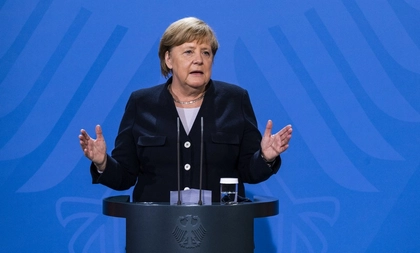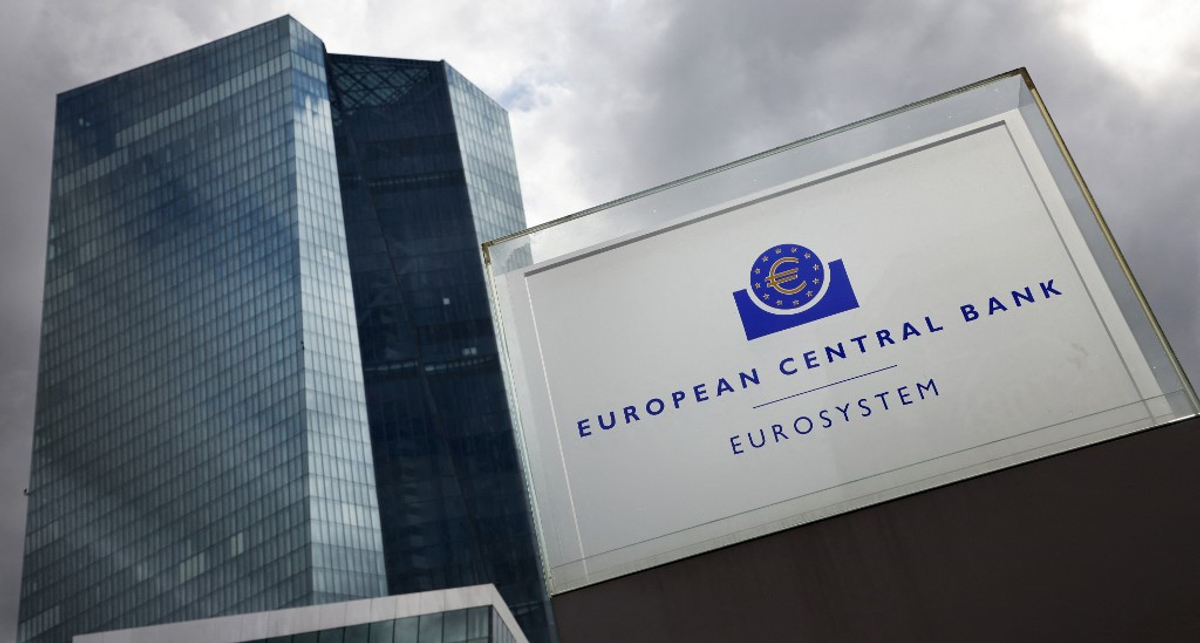Economist Elina Ribakova dismissed Saudi warnings that using frozen Russian assets could harm G7 bond markets as “political noise,” saying the European Central Bank’s (ECB) power makes any market threat meaningless.
Speaking on a briefing in Kyiv dedicated to Russian assets, she said the EU should not be swayed by geopolitical posturing.
Follow our coverage of the war on the @Kyivpost_official.
Saudi officials have reportedly warned that confiscating or repurposing Russian assets could undermine confidence in Western sovereign bonds, suggesting Riyadh might cut investments in G7 debt markets.
But Saudi warnings claiming the seizure of Russian assets could damage G7 bond markets are unfounded and amount to “politically motivated market noise,” Ribakova explained speaking online in Kyiv. She added that Saudi investors lack the power to challenge the EBC.
“The argument that the EU’s plan to use frozen Russian assets would weaponize investments is simply nonsense,” Ribakova said, responding to Saudi concerns that such action could trigger a sell-off in G7 bonds. “The European Central Bank is too large and too powerful for any investor group to move against.”
Ribakova added that most bond market participants are financial institutions that seek safe, liquid instruments, coupled with a need to protect transactions and diversify investments; furthermore that gGeopolitical implications of Russian assets are not their primary concern.

Other Topics of Interest
Merkel’s Statements on Russia Under Fire
Merkel’s statements have drawn criticism from Estonia, Latvia, Lithuania and Poland in particular. Europe’s press takes stock.
“Government bond markets are the foundation of modern finance. They serve as benchmarks for all other lending. The ECB has the tools to defend these markets if needed,” she said.
How can ECB counter political blackmail?
The ECB has tools to counter external, politically motivated attacks, according to Ribakova. These tools, she said, are not related to a country’s macroeconomic performance, but created to protect investors.
The ECB’s Transmission Protection Instrument (TPI) allows it to purchase bonds when instability stems from external or politically driven causes rather than a country’s fundamentals. Together with its Outright Monetary Transactions (OMT) framework, the ECB can directly counter speculative attacks, ensuring that government borrowing costs remain stable.
“Even if large investors attempted to sell off G7 debt in protest, the ECB could easily neutralize that move,” Ribakova explained. “It would step in, absorb the pressure, and stabilize the market. In the end, those same investors would likely return, knowing the ECB has overwhelming capacity to defend its bond markets.”
Even major investors such as Saudi asset managers would be unable to challenge the ECB, Ribakova said, adding that the ECB is too large to confront and too powerful to manipulate. “Once it intervenes, bond prices stabilize, and investors seeking liquidity and returns typically reinvest, recognizing the bank’s strength.”
Ribakova explained that “even though you make a statement, maybe the bonds sell off for a little bit, ECB comes in, buys the bonds.
“Most likely you as a Saudi asset manager, a reserve asset manager will actually go back in and buy just because in the end of the day you’re holding these reserves for. Because it’s liquid,” Ribakova added.
The EU’s proposed “reparation loan” to help Ukraine fund its war effort by drawing on the value of frozen Russian assets could reportedly be as much as €130bn euros ($153 bn).
Previously, Saudi officials hinted they could sell Eurobonds and French debt if the G7 used frozen Russian assets to fund Ukraine, which one source described as a veiled threat.
